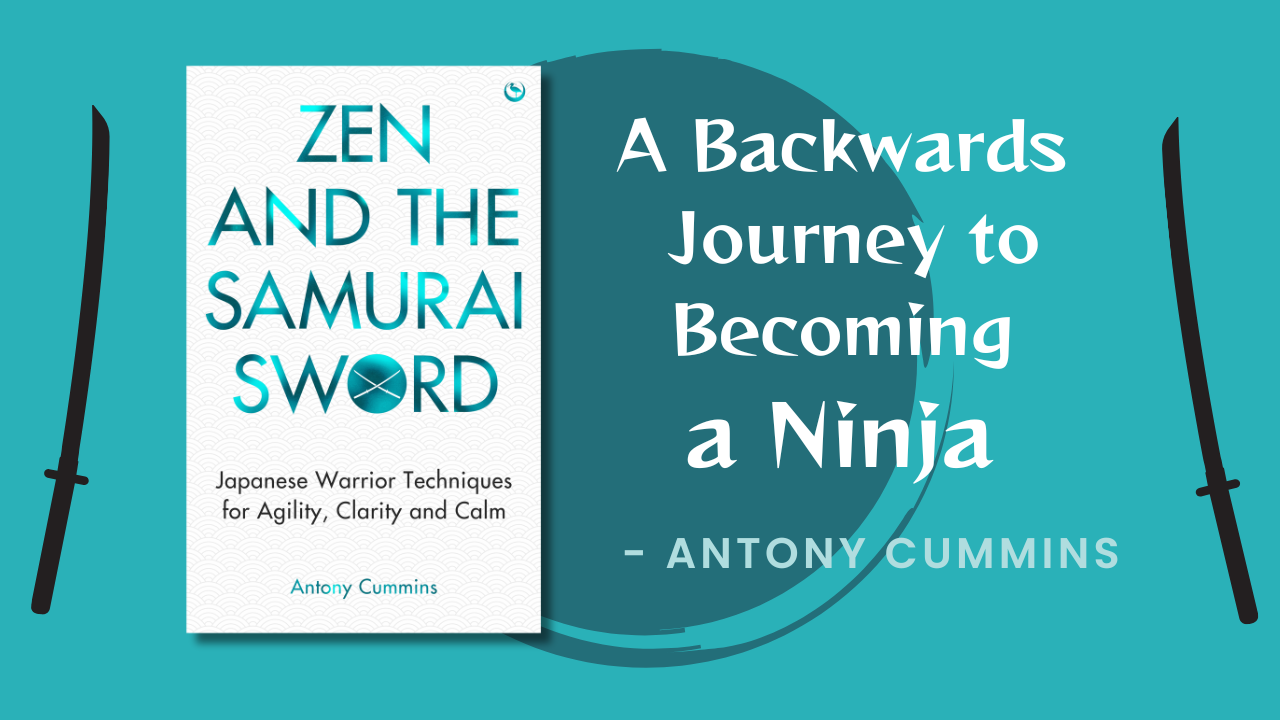
A Backwards Journey to Becoming a Ninja – Antony Cummins
I started at the end. I was going to be a ninja. Standing in the doorway of an ancient master’s dojo in Japan, dreams stood
It’s all about marginal gains — or so they say in elite sport! Small, incremental changes that can make a big difference to how you feel and function. And when life is busy (and you’re already tired), the idea of a quick win is especially appealing. So, for all you tired women out there, here are 3 super-smart choices I’ve picked out from my new book, The Happy Menopause Guide to Energy, to help you restore your energy and vitality.
Hydration for High Energy
The simple quick win of drinking more water is often neglected. In my nutrition clinic, I regularly see women who aren’t hydrating enough – even when they know they should be. Just 2% dehydration can reduce your energy by up to 15%. That’s not a marginal gain, that’s a major difference. So how can you boost your hydration?
And don’t forget, water comes from food, too! Here are some examples you can add to your diet to enhance your fluid intake.
Quick guide to water content
Water Content Per 100g:
Protein for Power
Protein is essential for physical strength and stamina – but it also fuels your mood and mental energy. That’s because the amino acids in protein-rich foods help your body produce key neurotransmitters that support memory, motivation, and mental clarity. Many women don’t eat enough protein. It should be included at every meal.
Let’s talk animal protein: It’s not always the popular choice in today’s plant-based landscape, but it’s often more easily absorbed and can make a big difference. I regularly see women in my clinic feel stronger and more energised within a week or two of increasing their intake of animal protein. If you’re not vegan and you’re frequently tired or low in mood, I recommend:
And if you are vegan, it’s important to ensure your diet includes at least one complete protein every day. A complete protein contains all the essential amino acids your body needs in one convenient package. All animal proteins are complete, but only a few plant proteins are — examples include soya, hemp, quinoa, and chia seeds.
Quick guide to protein content
Food Protein per 100g:
Moderation for Maximum Vitality
We’re not always great at moderation – especially when it comes to sugar, caffeine, or alcohol – but small changes here can make a big difference to your energy. Let’s talk alcohol. It’s easy to fall into the habit of a regular evening tipple:- it feels civilised, even relaxing. But the reality? Regular drinking can seriously drain your energy.
Alcohol:
If you’re feeling tired, foggy, or jaded – and alcohol is a regular feature – this could be why. Try taking a month off. You might be amazed at the difference in your sleep, energy, and symptoms. If that feels like too much, start with four consecutive alcohol-free days a week — that “consecutive” part matters, as it gives your liver a proper break and space to do its job.
Tips to Reduce Alcohol Intake
Try one or more of these quick wins – the benefits will add up fast, and you’ll feel the difference in no time. Go for it!
The Happy Menopause Guide to Energy is out on 9th September. Pre-order your copy now for a chance to win a 1-hour nutrition consultation. Just follow the instructions here to enter. Follow Jackie at @wellwellwelluk. https://www.well-well-well.co.uk/

I started at the end. I was going to be a ninja. Standing in the doorway of an ancient master’s dojo in Japan, dreams stood
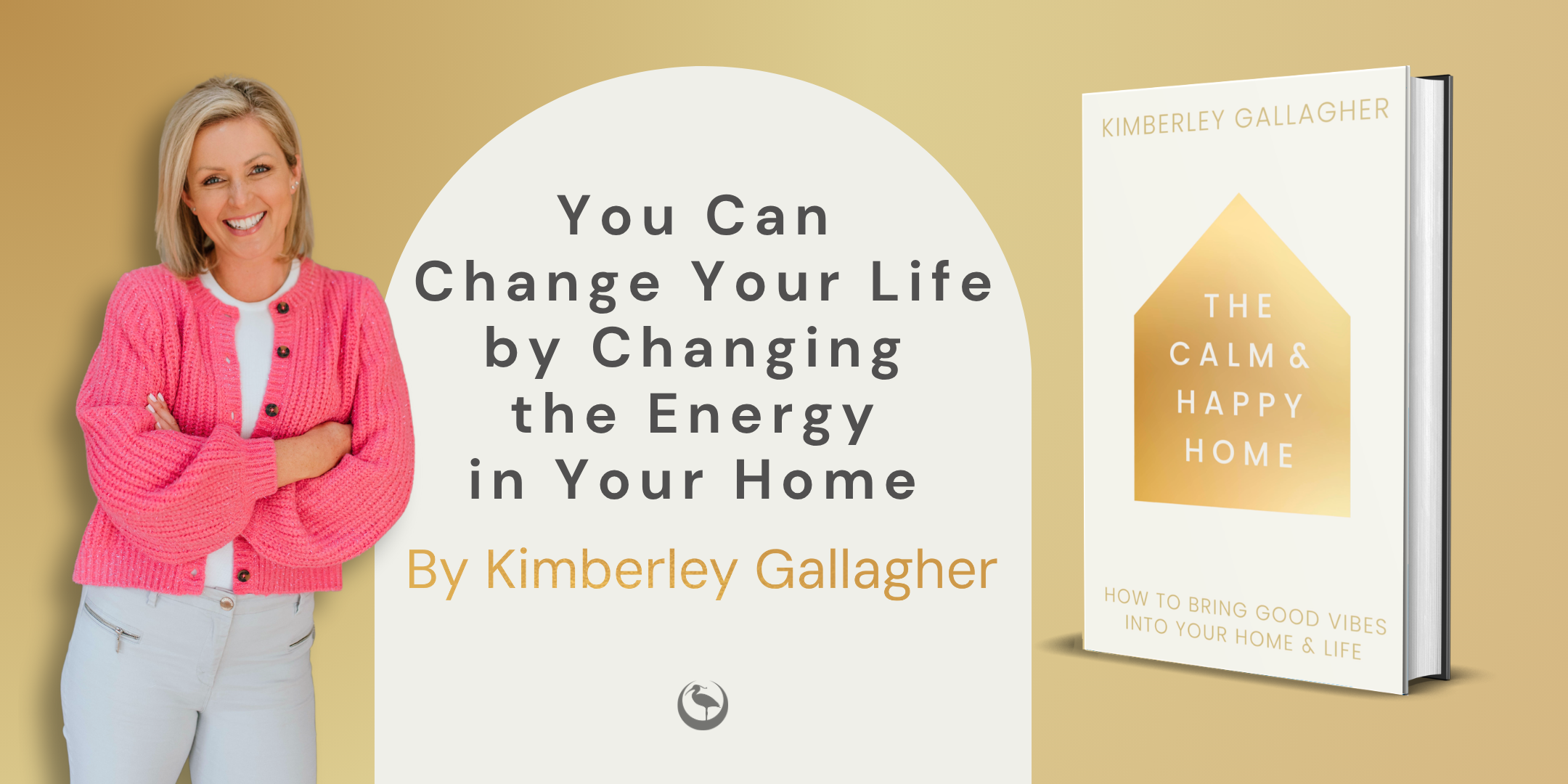
If I asked you to describe your home, what words would you use? You might tell say it’s an apartment, a cottage, or a townhouse.
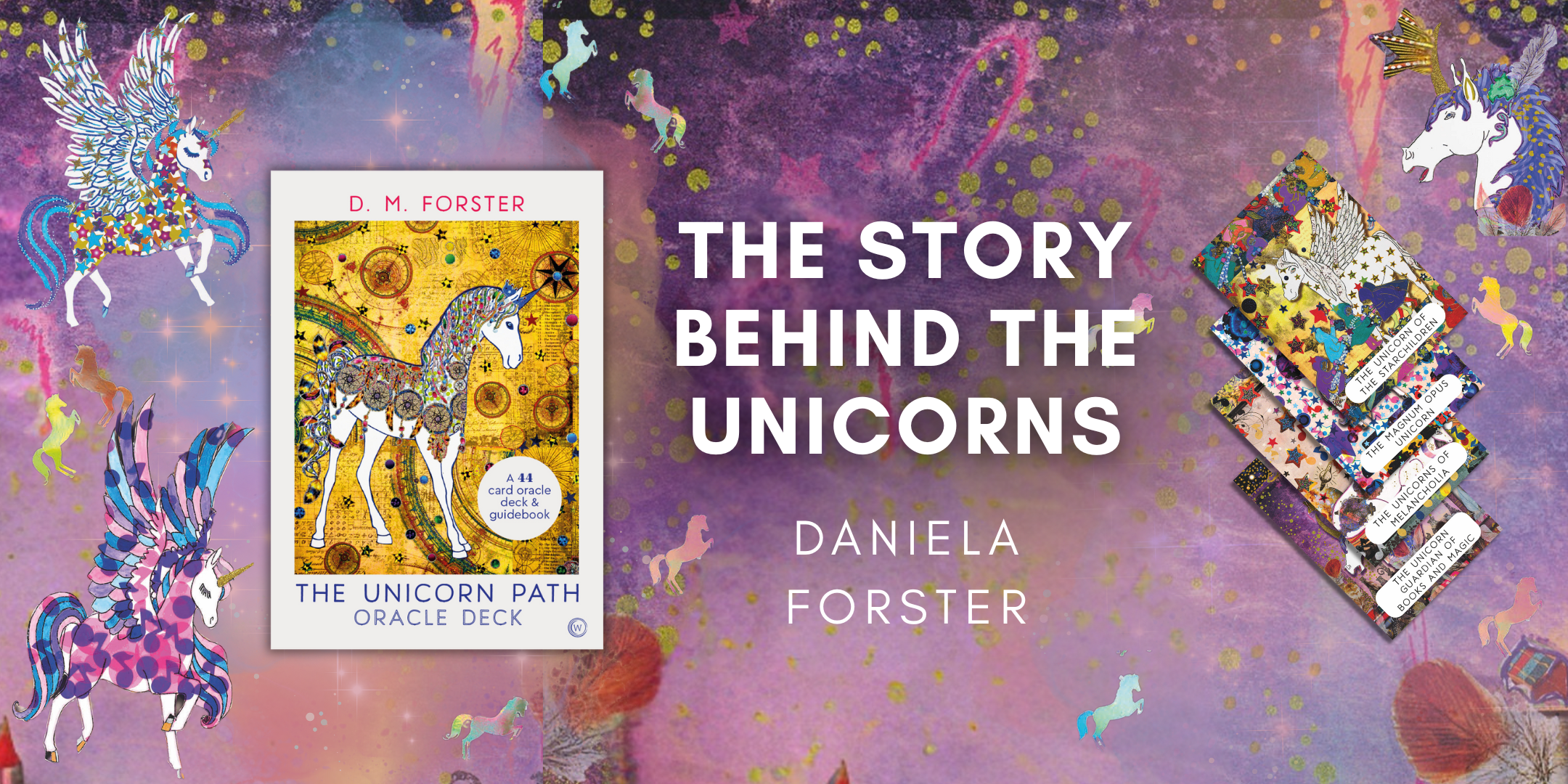
Initially, what moved me to create the Unicorn Path is the sweet song “Chloe the Unicorn”. It was a song for my friend’s child. I
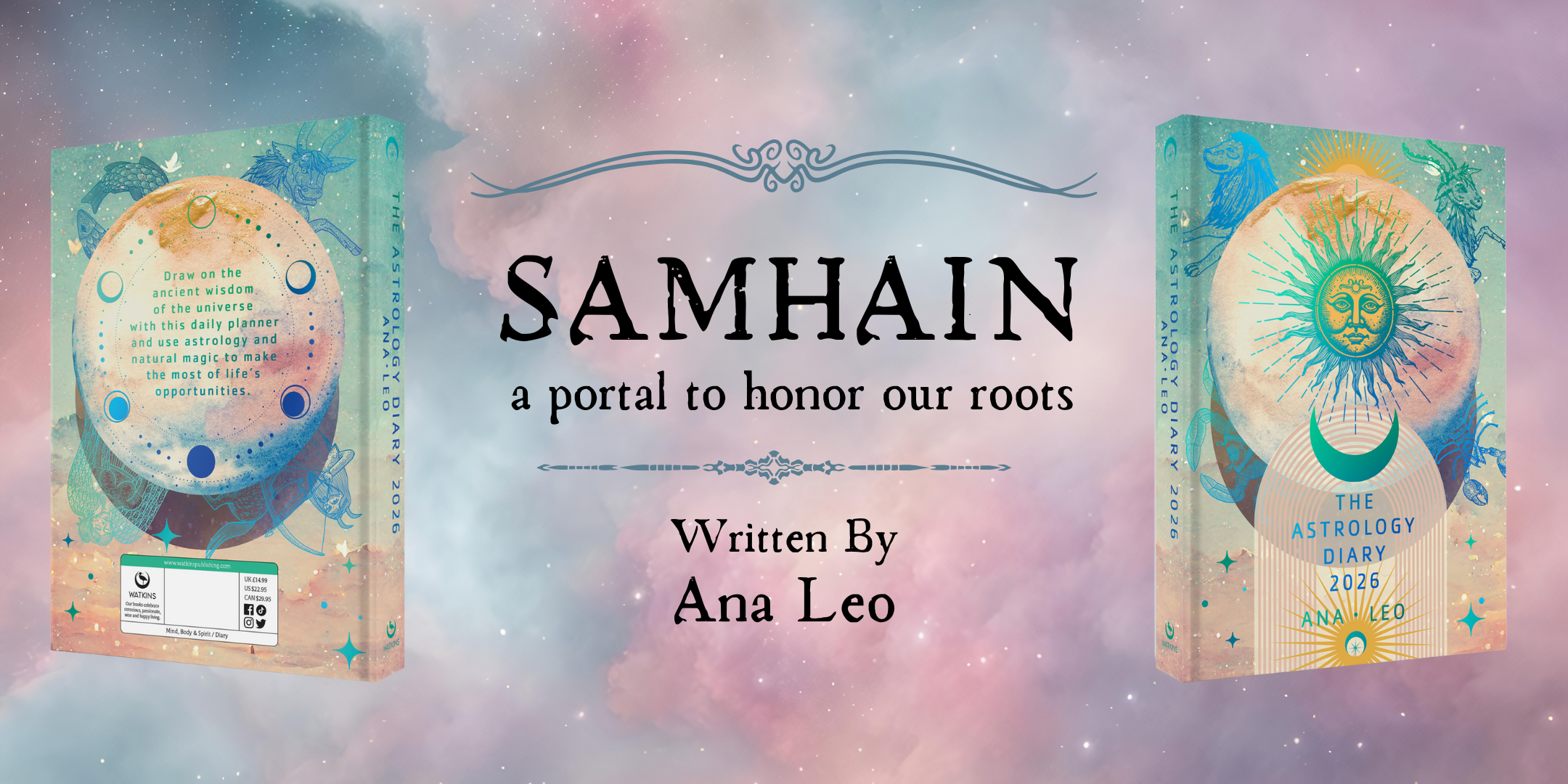
In many spiritual traditions around the world, the end of October marks a special moment. The veil between worlds becomes thinner. It is the time
"*" indicates required fields
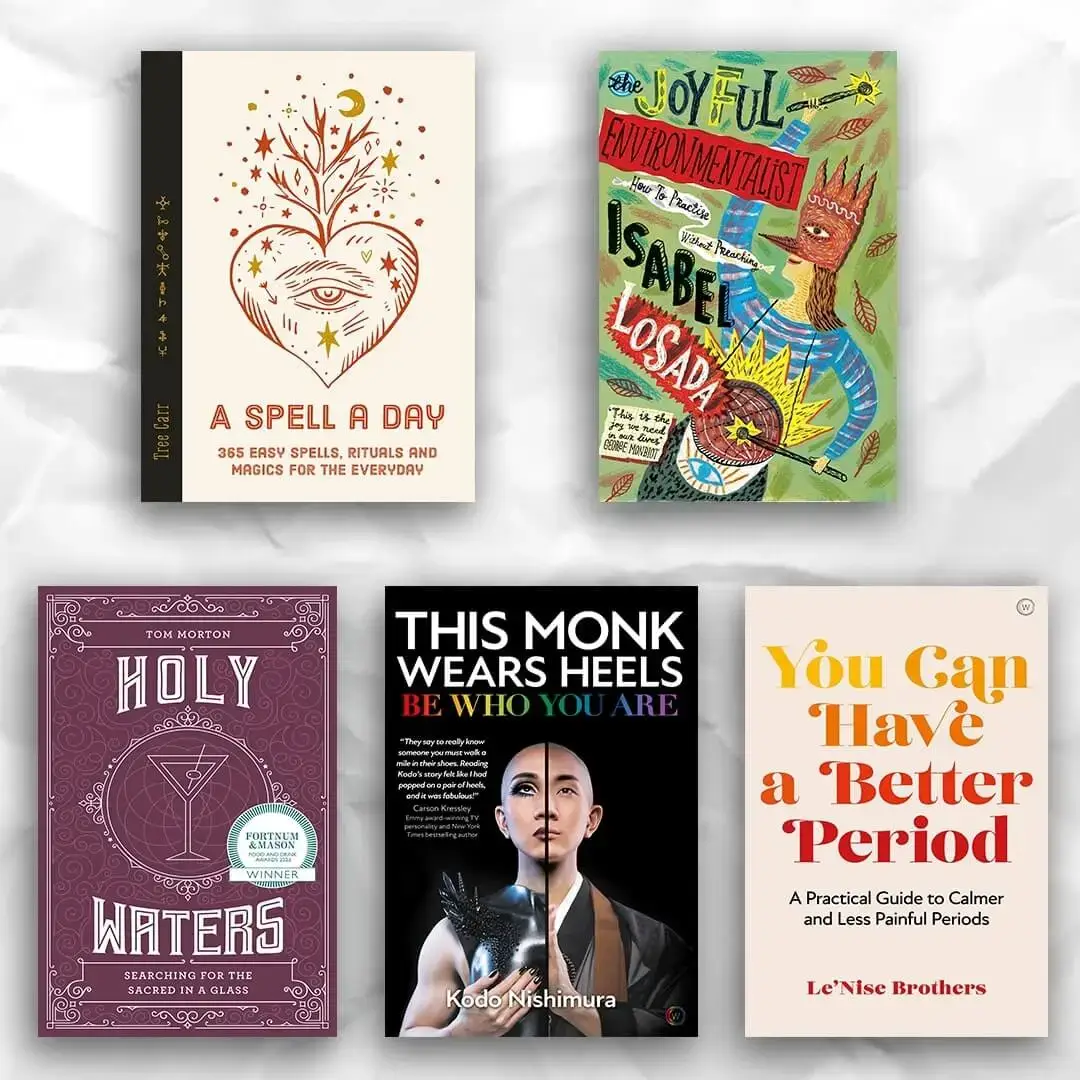
Get a FREE eBook when you subscribe to our newsletter, and be the first to know about our new releases, exciting events and all the latest news!
"*" indicates required fields